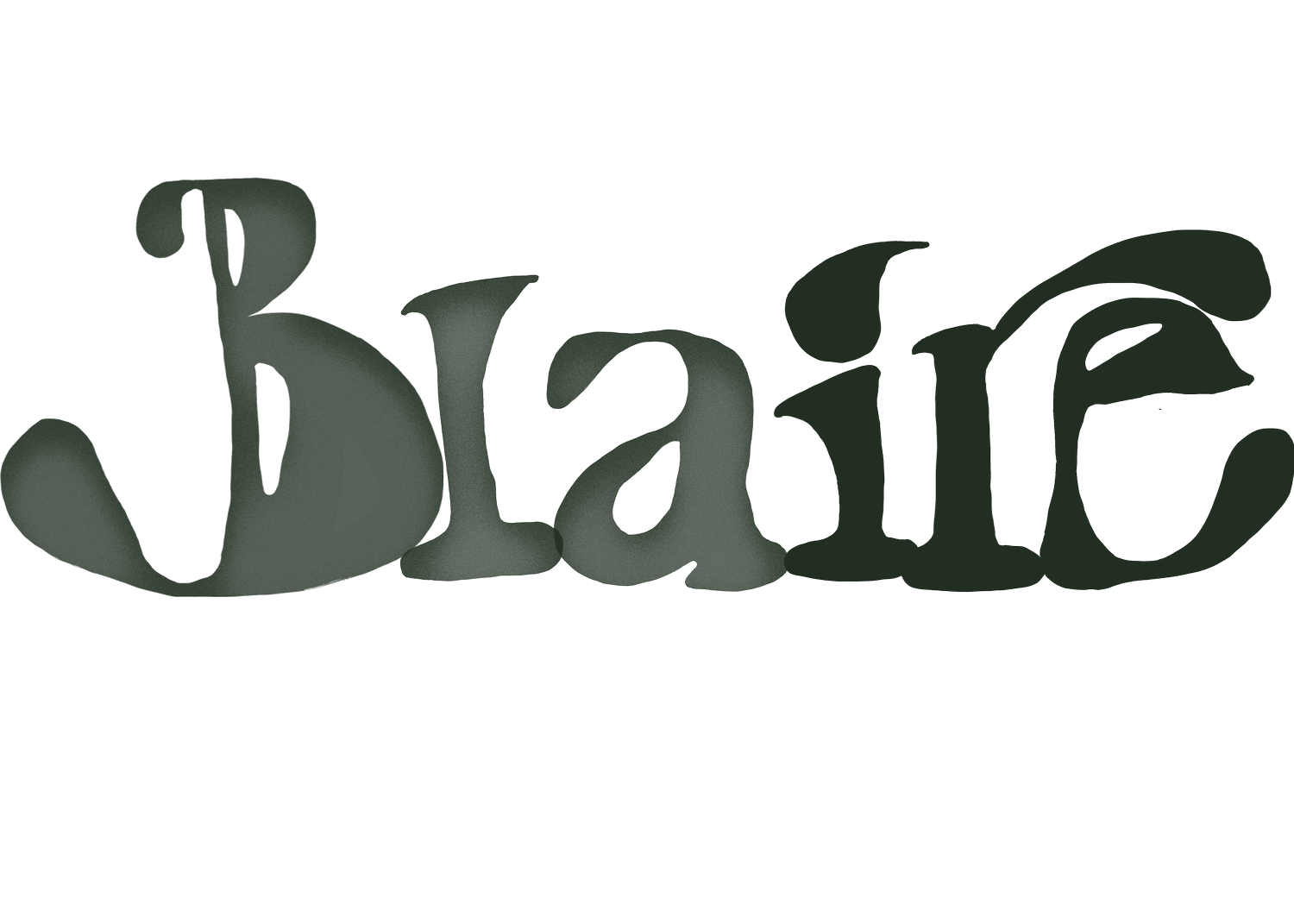What is a Name?
—A personal essay on identity and self-acceptance.
Project Overview
This project involved editing a personal narrative essay exploring how a childhood experience with the meaning of the author's name shaped their identity. The unedited draft featured vivid scenes and a strong voice but needed tightening for clarity, emotional pacing, and structural cohesion.
The essay was revised for clarity, grammar, and impact—retaining the emotional honesty and storytelling charm while sharpening the arc of reflection and thematic resonance.
Objective
Refine the structure of the personal essay to ensure clear progression from conflict to resolution
Strengthen the emotional arc without compromising the authentic tone of the narrator
Enhance readability by eliminating redundancies and correcting grammar
Preserve the author’s voice while improving flow, clarity, and scene transitions
Prepare the piece for use in an editorial or writing portfolio
Reflection
Working on this piece highlighted the power of personal storytelling when paired with careful editing. The original draft had a compelling voice and rich imagery, and my role as an editor was to help that voice shine more clearly. Through minor restructuring and careful trimming, the emotional heartbeat of the essay became more accessible to readers.
This project deepened my appreciation for memoir editing, where nuance and emotional integrity must be preserved while improving the technical aspects of the writing. I focused on encouraging rhythm and clarity without disrupting the author’s voice—a skill essential for editing personal narratives.
Original (Sample)
One day, I must have part of this sentiment slip into my attitude about chores. I was in charge of mopping the hardwood kitchen floor. When my dad came to me later and asked me why it was done so poorly, I shrugged and said “I did it. That’s all I can do.” That a subpar job mopping was the extent of my ability. (Let me let you in on a secret. I never said “thats the best I can do” when it came to doing anything I wanted to do–and my Dad knew it) He proceeded to lecture me for 45 minutes as he watched me mop the floor again, three more times until I passed (it felt more like 7). His speech could be summarized like this, “Remember Fredrick Douglas got the opportunity to study because he cleaned so well. You are privileged these days. I used to be a janitor when I was in college, and I took great pride in my work. And finally the sentence that got me thinking, everything you do is linked to your good name.”
Then something clicked. I had forgot the source of my apathy to subpar results. This final thought reminded me. But my Dad was sharing with me a philosophy he lived by. Doing everything with thoroughness, focus, and to his best ability, because his actions directly shaped his life, his character, and his “good name”. His dad had also said similar things that my Dad distilled for himself, like “you had better not embarrass the good Coleman name.” And what I heard was, if everything I do can add or detract from my name, then the meaning alone doesn’t matter much. In my favorite books I was reading, my favorite characters were considered plain or weird by their family or peers. Like Anne of Green Gables, and Josephine from Little Women. I liked them because despite what they were told, and despite what people around them wanted for them or didn’t want for them, they advocated for themselves until they got what they wanted.
Edited (Sample)
One day, I let part of this sentiment slip into my attitude about chores. I was in charge of mopping the hardwood kitchen floor. When my dad came to me later and asked me why it was done so poorly, I shrugged and said, “I did it. That’s all I can do,” implying a subpar mopping job was the extent of my ability. (Let me let you in on a secret. I never said “that's the best I can do” when it came to doing anything I wanted to do–and my Dad knew it.) He proceeded to lecture me for 45 minutes as he watched me mop the floor again, three more times, until I passed (and it felt more like seven times). His speech could be summarized like this: “Remember, George Washington Carver got the opportunity to study because he worked doing laundry and on a farm. You’re privileged these days. I used to be a janitor when I was in college, and I took great pride in my work.” And finally, the sentence that got me thinking, “everything you do is linked to your good name.”
As I looked down, sweaty now, at the gleaming kitchen floor, something clicked. I had forgotten the source of my apathy toward subpar results. His final point reminded me. My Dad was sharing with me a philosophy he lived by. Doing everything with thoroughness, focus, and to his best ability, because his actions directly shaped his life, his character, and his “good name”. His Dad had also said similar things that my Dad distilled for himself, like “you had better not embarrass the good Coleman name.” And what I heard was, if everything I do can add or detract from my name, then the meaning alone doesn’t matter much.
In my favorite books, my favorite characters were considered Plain or weird by their family or peers. Think Anne, from Anne of Green Gables, and Josephine, Jo, from Little Women. I liked them because, despite what they were told, and despite what people around them wanted for them or didn’t want for them, they advocated for themselves until they got what they wanted.
Editorial Notes
Strengths Identified:
Authentic, engaging voice with emotional depth and relatability
Vivid scene construction, especially during the classroom moment and mop scene
Clear central theme about identity and self-acceptance
Relatable emotional stakes, with a satisfying arc from shame to ownership
Editing Actions Taken:
Trimmed repetitive phrases to tighten pacing
Smoothed transitions between memory flashbacks and reflective commentary
Corrected grammar and punctuation (e.g., typos, sentence fragments, comma splices)
Clarified timeline to improve narrative flow and reduce reader confusion
Polished emotional climax and resolution to land with more impact
Key Editorial Decisions:
Reframed the mop scene as a quiet “turning point” moment with more narrative closure
Preserved humor and self-deprecation in early paragraphs while transitioning into emotional insight
Balanced “showing” and “telling” to keep both scenes and reflection working in tandem

